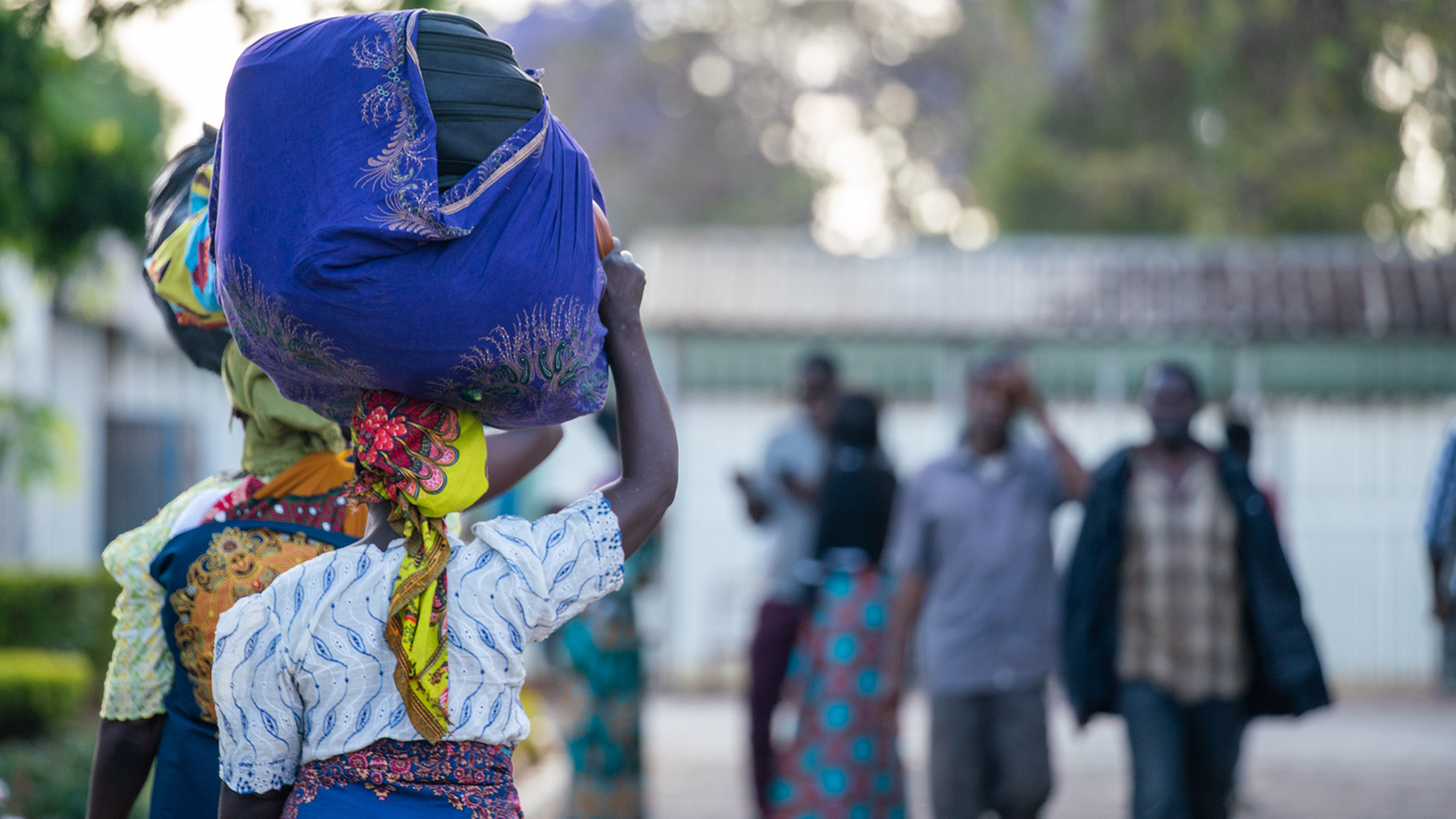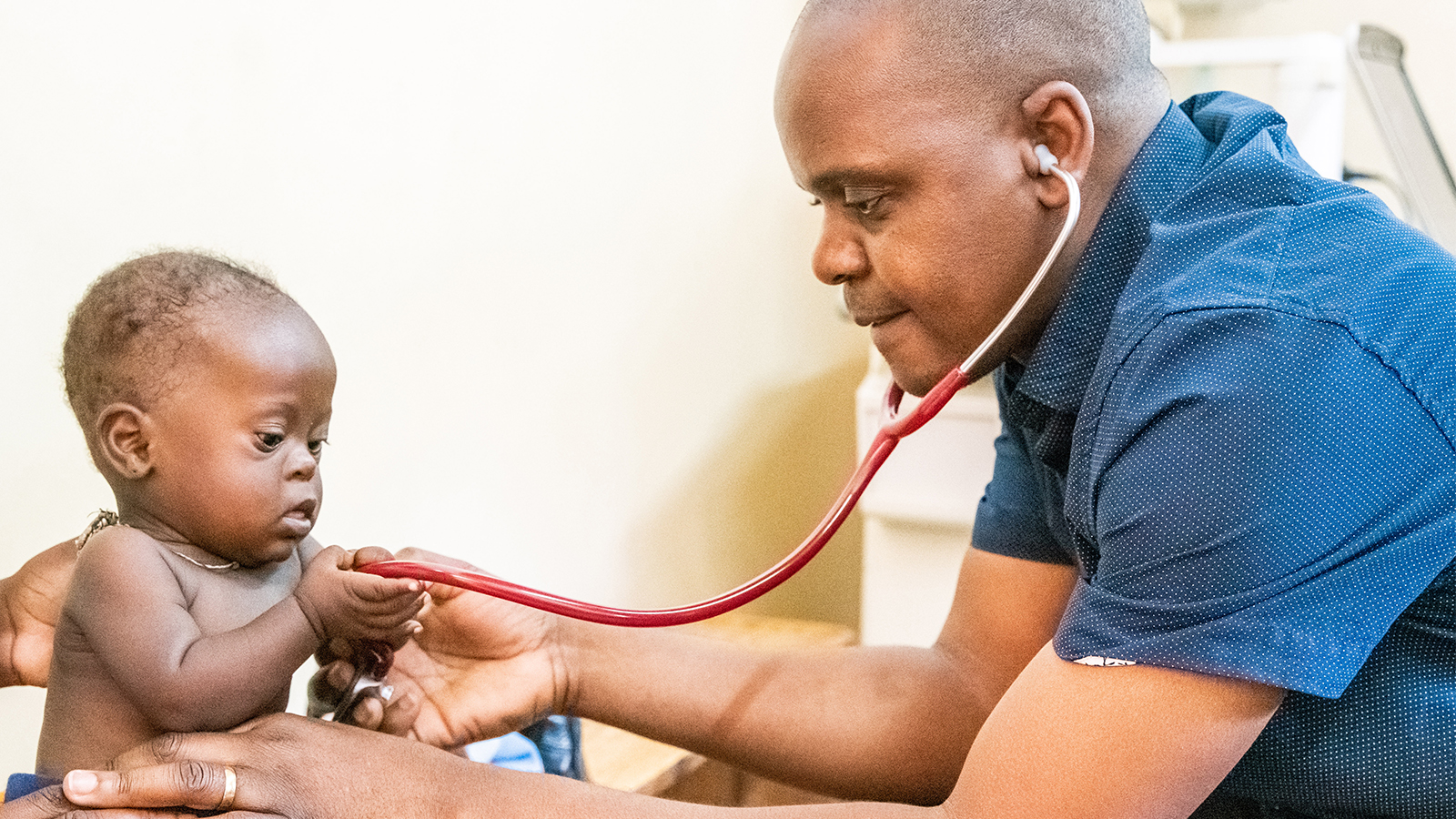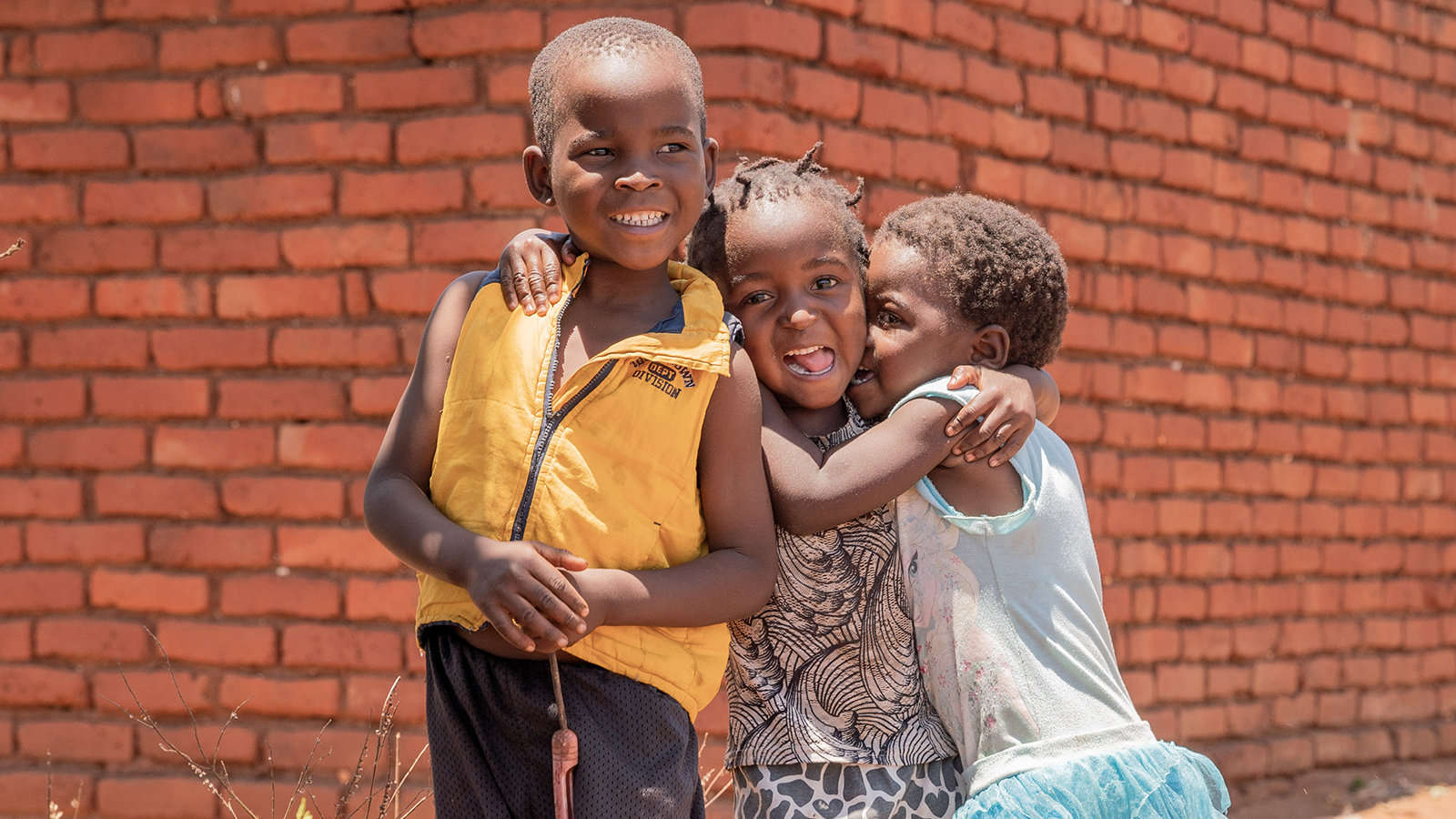
Spotlight Malawi: Many Paths Towards Universal Health Coverage and a Strong Health Workforce
Bomani, a 13-year-old villager in Malawi, has always had a passion for soccer. But he doesn’t aspire to be a professional soccer player. “I want to help people,” he says simply. “I want to be a policeman.”
His father says Bomani helps his family by drawing water and being a good student – each requiring a 60-minute roundtrip journey on foot. When someone in Bomani’s family is sick, they ride the family bicycle to the nearest clinic. When asked how far they must ride, they laugh and answer: “Very far.”

Despite the country’s notable progress in improving individual health outcomes, maternal, newborn, and child mortality remain high, and Malawi’s HIV prevalence is one of the world’s highest.[1] Skilled health workers are in great need, as are training, medical tools, and supplies. The World Health Organization states that countries need at least 4.45 skilled health workers per 1,000 people to achieve Universal Health Coverage (UHC),[2] but Malawi has only 0.019 physicians and 0.283 nurses and midwives. For a population of more than 18 million people, there are fewer than 600 physicians.[3]
UHC is achieved when everyone can access health care without suffering financial hardship. This is only possible with a sufficient capacity of qualified health workers. For more than a decade, Takeda’s global health and corporate social responsibility (CSR) initiatives have been contributing to UHC through long-term commitments to disease prevention, capacity building — including health worker training— and access to healthcare. Every year, Takeda’s employees vote to select the activities the Company supports as the Global CSR Program , including partnerships with Seed Global Health, World Vision, and other NGOs and international organizations who are addressing the shortage of skilled health care professionals in sub-Saharan Africa and elsewhere.
Empowering health workers…with water
While visiting Malawi in October 2019, Takeda employees discovered there are many paths toward UHC and building up the skilled health workforce. Water, as it turns out, is one of them.

One medical school for a population of 18.5 million
There is no dedicated teaching hospital for the students in Malawi’s only medical school, or for students who attend one of the 18 nursing training schools. Students must typically go abroad to further their medical training, which public health salaries cannot support. But that is changing. Thanks to organizations like Seed Global Health, the current cohort of family medicine doctors at the University of Malawi’s College of Medicine is the first that will have been trained domestically.
“With the money that I spend on sending one student to South Africa, I could train three people locally,” said College of Medicine Principal Dr. Mwapatsa Mipando. Being able to train more students at home reduces costs, addresses the health worker shortage, and will improve care for Malawi’s population.
In 2019, Malawi’s Parliament approved the College of Medicine’s proposal to transition to an independent university of health sciences with a dedicated teaching hospital, making medical training much more accessible for Malawians.

When asked about his long-term vision, Principal Mipando’s eyes lit up. “We are making a difference in that Malawi has its own doctors—who are globally competent and locally relevant because they understand the context.”
Strengthening the health workforce, closing access and training gaps is essential in Malawi and across the globe. Across low-resource settings worldwide, Takeda is reaffirming its commitment to UHC with an investment in the people who deliver it.
[1] Avert, Global information and education on HIV and AIDS, HIV and AIDS in Malawi. Available at:
https://www.avert.org/professionals/hiv-around-world/sub-saharan-africa/malawi
[2] Health workforce requirements for universal health coverage and the Sustainable Development Goals, Human Resources for Health Observer - Issue No. 17. Available at: https://apps.who.int/iris/bitstream/handle/10665/250330/9789241511407-eng.pdf?sequence=1
[3] Global Fund Grants to the Republic of Malawi. Audit Report. Geneva, Switzerland: 2016. Available at: https://www.theglobalfund.org/media/2665/oig_gf-oig-16-024_report_en.pdf